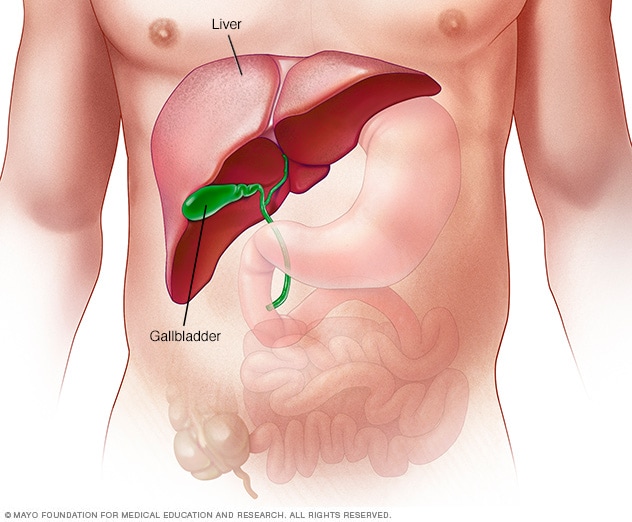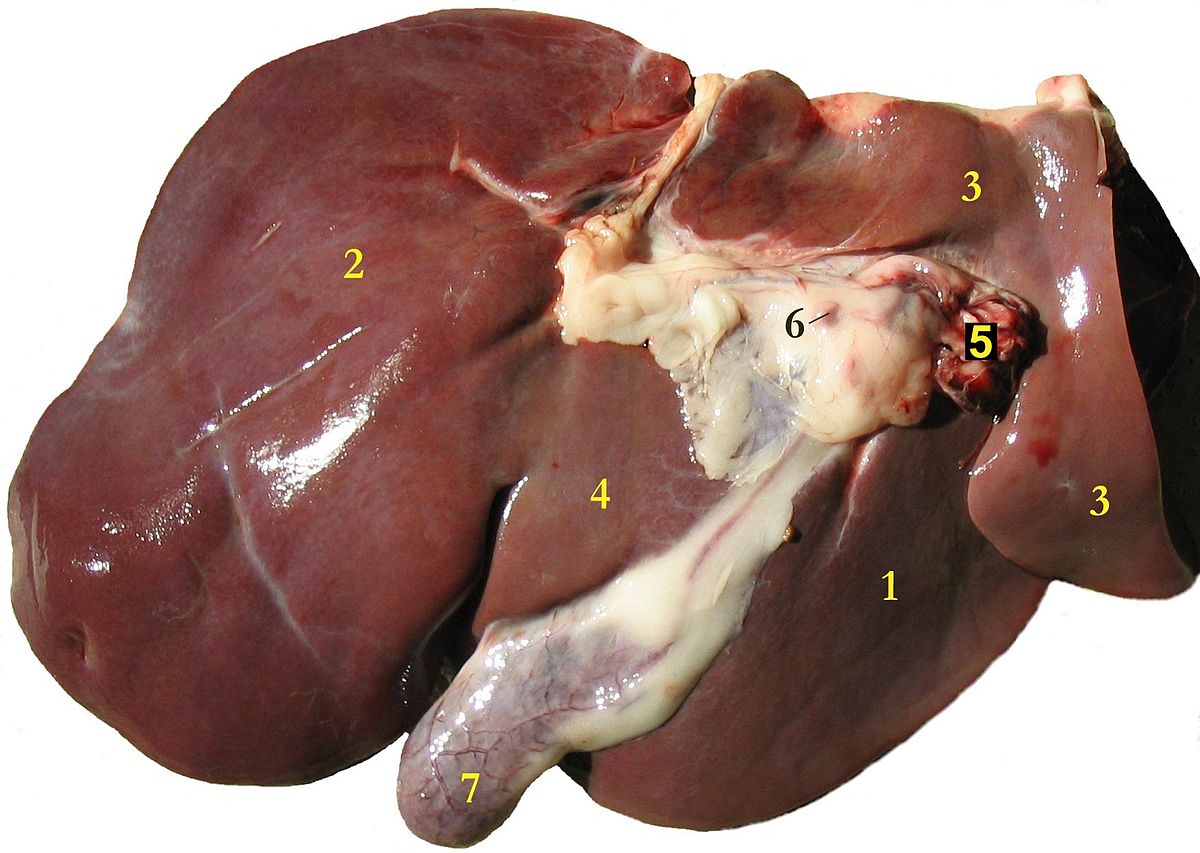symptoms of Liver damage: The liver is a vital organ in the human body responsible for various essential functions, including detoxifying harmful substances, producing bile for digestion, and storing essential nutrients. However, the liver is susceptible to damage, which can affect its ability to function correctly.
Liver damage can be caused by various factors such as alcohol abuse, hepatitis viruses, obesity, and certain medications, among others. In some cases, liver damage can be asymptomatic, making it challenging to detect in its early stages. However, several signs and symptoms can indicate liver damage, and early detection is critical to prevent further complications.
Here are some of the signs of liver damage:
Jaundice
One of the most common signs of liver damage is jaundice, which causes the skin and the whites of the eyes to turn yellow. This occurs when the liver cannot effectively process bilirubin, a waste product produced by the breakdown of red blood cells.
Abdominal pain and swelling
Liver damage can cause pain and swelling in the abdomen. The liver is responsible for producing bile, which helps in digesting food. When the liver is damaged, it cannot produce enough bile, leading to digestive problems and abdominal pain.
Fatigue and weakness
Liver damage can cause fatigue and weakness due to the liver’s inability to store and convert glucose into energy. This can lead to a feeling of general malaise, even with sufficient rest.
Nausea and vomiting
Liver damage can cause nausea and vomiting, especially after meals. This is because the liver plays a crucial role in breaking down food and removing toxins from the body.
Loss of appetite
Liver damage can cause a loss of appetite, which can lead to weight loss and malnutrition. This occurs because the liver plays a crucial role in producing bile, which helps digest food.
Dark urine and pale stools
Liver damage can cause changes in the color of urine and stool. Urine can become darker, while stools can become lighter in color due to the lack of bile being produced.
Bruising and bleeding easily
The liver plays a crucial role in producing clotting factors, which help in preventing excessive bleeding. Liver damage can cause a deficiency in these clotting factors, leading to easy bruising and bleeding.
In conclusion, liver damage can have severe consequences, and early detection is critical for proper treatment. If you experience any of these signs or symptoms, it is essential to seek medical attention immediately to prevent further complications. Additionally, maintaining a healthy lifestyle, including limiting alcohol consumption and avoiding high-risk behaviors such as sharing needles, can help prevent liver damage.
Food beneficial for liver
The liver is a vital organ in the body that performs numerous functions, including detoxification, bile production, and regulation of metabolism. Therefore, it is essential to maintain liver health by consuming a healthy diet. Here are some foods that are beneficial for the liver:
Leafy greens: Leafy greens such as spinach, kale, and collard greens are high in antioxidants, vitamins, and minerals that support liver function.
Cruciferous vegetables: Vegetables such as broccoli, cauliflower, and Brussels sprouts contain compounds that help stimulate liver enzyme production, aiding in the detoxification process.
Berries: Berries such as strawberries, blueberries, and raspberries are high in antioxidants that protect the liver from damage.
Garlic: Garlic contains compounds that stimulate liver enzyme production and help flush toxins from the body.
Turmeric: Turmeric is a spice that contains a compound called curcumin, which has anti-inflammatory properties that can protect the liver from damage.
Fatty fish: Fatty fish such as salmon, sardines, and tuna are high in omega-3 fatty acids that help reduce inflammation and protect the liver from damage.
Nuts: Nuts such as almonds, walnuts, and pistachios are high in antioxidants and healthy fats that support liver health.
Olive oil: Olive oil contains healthy fats that can improve liver function and reduce inflammation.
Green tea: Green tea contains antioxidants that protect the liver from damage and improve liver function.
Whole grains: Whole grains such as brown rice, quinoa, and whole wheat bread are high in fiber that aids in digestion and helps flush out toxins from the body.
In conclusion, incorporating these foods into your diet can help maintain liver health and prevent liver damage. It is also essential to limit alcohol consumption, avoid high-risk behaviors such as sharing needles, and maintain a healthy weight to support liver health.

